FAQ - What is an Herb? (Request for Feedback)
fatamorgana2121
13 years ago
Related Stories
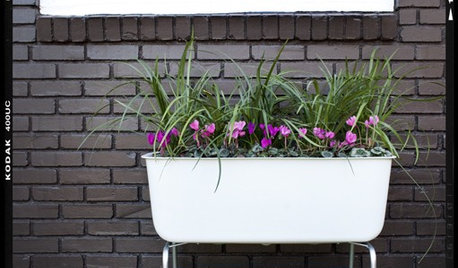
GARDENING AND LANDSCAPINGDIY Project: Mobile Container Garden
Get your garden going anywhere with a planter on wheels
Full Story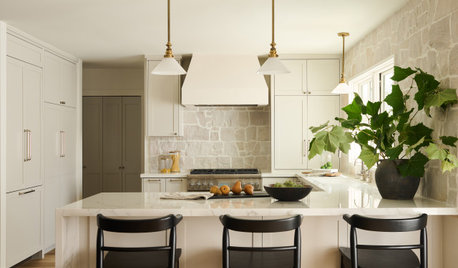
KITCHEN WORKBOOKHow to Remodel Your Kitchen
Follow these start-to-finish steps to achieve a successful kitchen remodel
Full Story
WORKING WITH AN INTERIOR DESIGNER5 Qualities of a Happy Designer-Client Relationship
Cultivate trust, flexibility and more during a design project, and it could be the beginning of a beautiful alliance
Full Story
SELLING YOUR HOUSEHow to Decorate for the Holidays When Your Home Is for Sale
You can make your home appealing to potential buyers and still celebrate the season. Here are 7 tips to keep in mind
Full Story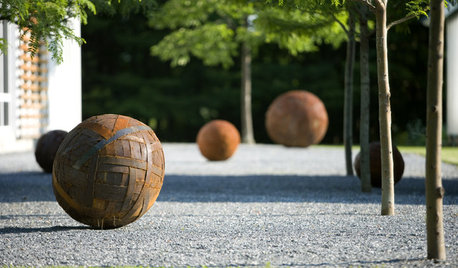
LANDSCAPE DESIGNWhat Kind of Gardener Are You? Find Your Archetype
Pick from our descriptions to create a garden that matches your personality and tells your story
Full Story
KITCHEN DESIGNNot a Big Cook? These Fun Kitchen Ideas Are for You
Would you rather sip wine and read than cook every night? Consider these kitchen amenities
Full Story
KITCHEN COUNTERTOPSKitchen Counters: Concrete, the Nearly Indestructible Option
Infinitely customizable and with an amazingly long life span, concrete countertops are an excellent option for any kitchen
Full Story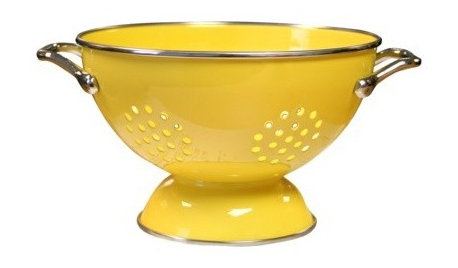
PRODUCT PICKSGuest Picks: The Well-Stocked Starter Kitchen
We’ve got all the kitchen basics and tableware you need (or that recent grad needs) to make cooking a joy
Full Story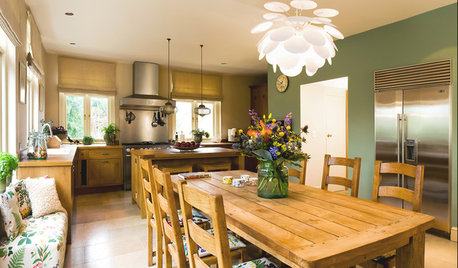
FEEL-GOOD HOMESimple Pleasures: Share Supper in the Kitchen
Gather friends but leave the stress behind with a casual kitchen meal that still feels special
Full Story





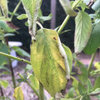
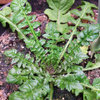
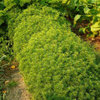
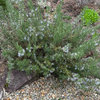
fatamorgana2121Original Author
Daisyduckworth
Related Professionals
Taylorsville Landscape Architects & Landscape Designers · Wake Forest Landscape Contractors · Biloxi Landscape Contractors · Kahului Landscape Contractors · Lynn Landscape Contractors · New Cassel Landscape Contractors · New Providence Landscape Contractors · Painesville Landscape Contractors · Paterson Landscape Contractors · Secaucus Landscape Contractors · Streamwood Landscape Contractors · Tavares Landscape Contractors · Wareham Landscape Contractors · Dallas Roofing & Gutters · Houston Roofing & Guttersnygardener
nygardener
fatamorgana2121Original Author
leira
nygardener
nygardener
leira
nygardener
fatamorgana2121Original Author
nygardener
Daisyduckworth
leira
fatamorgana2121Original Author
eibren
lavender_lass
Daisyduckworth
ltcollins1949
fatamorgana2121Original Author